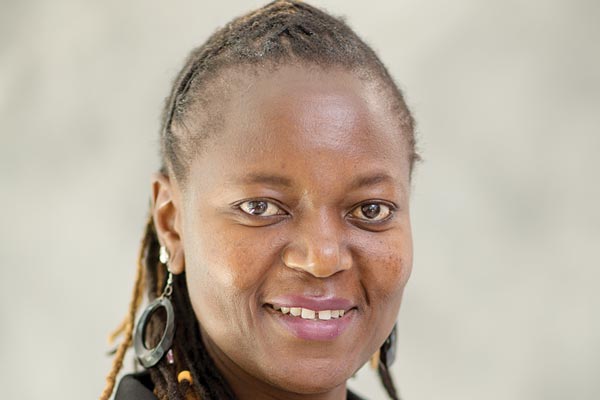
guest column:Miriam Tose Majome
ADOPTION usually happens informally within extended family circles. Family members usually adopt their relatives’ children permanently or temporarily such that many children are raised by parents who are not their biological parents.
Formal or legal adoption is much less common, but more people are increasingly taking it as a pathway to parenthood. It is not an easy or fast process and it is not meant to be.
The patience, determination and perseverance required to the end serve as testament to the seriousness and sincerity of the adoptive parents.
It can take a few months to some years depending on the circumstances surrounding the adoption.
The process needs to be stringent in order to serve the best interests of the children to be adopted.
It can be difficult and infinitely frustrating yet it is not impossible. Many people do manage to adopt children successfully.
Adoptions are administered through the Department of Social Welfare and its mission is get more children out of institutions into suitable family settings.
- Chamisa under fire over US$120K donation
- Mavhunga puts DeMbare into Chibuku quarterfinals
- Pension funds bet on Cabora Bassa oilfields
- Councils defy govt fire tender directive
Keep Reading
Fostering options are also available to people who may not wish to adopt but are interested in helping to take care of needy children.
Children can be formally given up for adoption by their biological parents to willing prospective adoptive parents. Section 7 of the Children’s Act provides for parents to give up children for adoption.
Incapacitated and impoverished mothers can seek recourse under this provision in certain circumstances.
Children given up for adoption are placed in the custody of private or government institutions or foster homes.
Single mothers who are mentally disabled or terminally ill are an example of genuine incapacitation.
Single pregnant women or mothers do not always have the financial, social and mental capacity to take care of their children, but are still liable for criminal prosecution if they just abandon them without due care.
Foreigners may adopt Zimbabwean children, but they need the Minister of Social Welfare’s special consent as do non-residents upon satisfactory completion of the procedures.
Adoptive parents have to be closely related to the child in such a way that sexual relations between them are prohibited at law.
It is unlawful for adoptive parents to marry their adopted children even after they have become adults.
Interested prospective adoptive parents register at the discretion of the director of Child Affairs. Decisions to refuse to register them can be challenged in the Children’s Court.
The rigorous screening and background checks include criminal record checks and assessment of their financial resources, social stability, emotional and mental disposition.
Unmarried people can adopt children because there is no provision barring them. Single and unmarried men who wish to adopt girls need ministerial consent.
Adopted children attain all the rights of children born in wedlock because adoption confers a legal relationship between the child and the adoptive parent.
If the children are adopted into a marriage setting they attain all the rights of children born in wedlock including the right to use the family name.
Adopted children benefit from the estates of their adoptive parents equally with biological children.
Adoption is reversible within five years. Adoption orders can be rescinded ie, reversed or cancelled if there are compelling circumstances warranting the cancellation.
The original status will be restored and the child will be as if never adopted. It can be found that there was fraudulent misrepresentation during the application process.
The consent of the child’s natural parents or guardians may have been obtained fraudulently or not given at all.
The adoption may also not have been in the child’s best interests for example the living conditions or the risk of some danger.
The rescission application has to be made within six months of the applicant knowing about the existence of the adoption order and not more than five years after it was granted.
Confidentiality is central such that adoption applications are never publicly notified or advertised like guardianship applications are.
It is a criminal offence for anyone to divulge information about the adoption to third parties or to the child without the consent of the adoptive parents.
The offence attracts up to six months imprisonment and affects gossipers and rumour mongers within close circles.
Adopting a child is free except only legal fees that are payable to private lawyers for the court application to the Children’s Court and the related attendances.
It is a criminal offence to pay money or material gifts or favours to anyone to facilitate adoption or in exchange for adopting a child.











